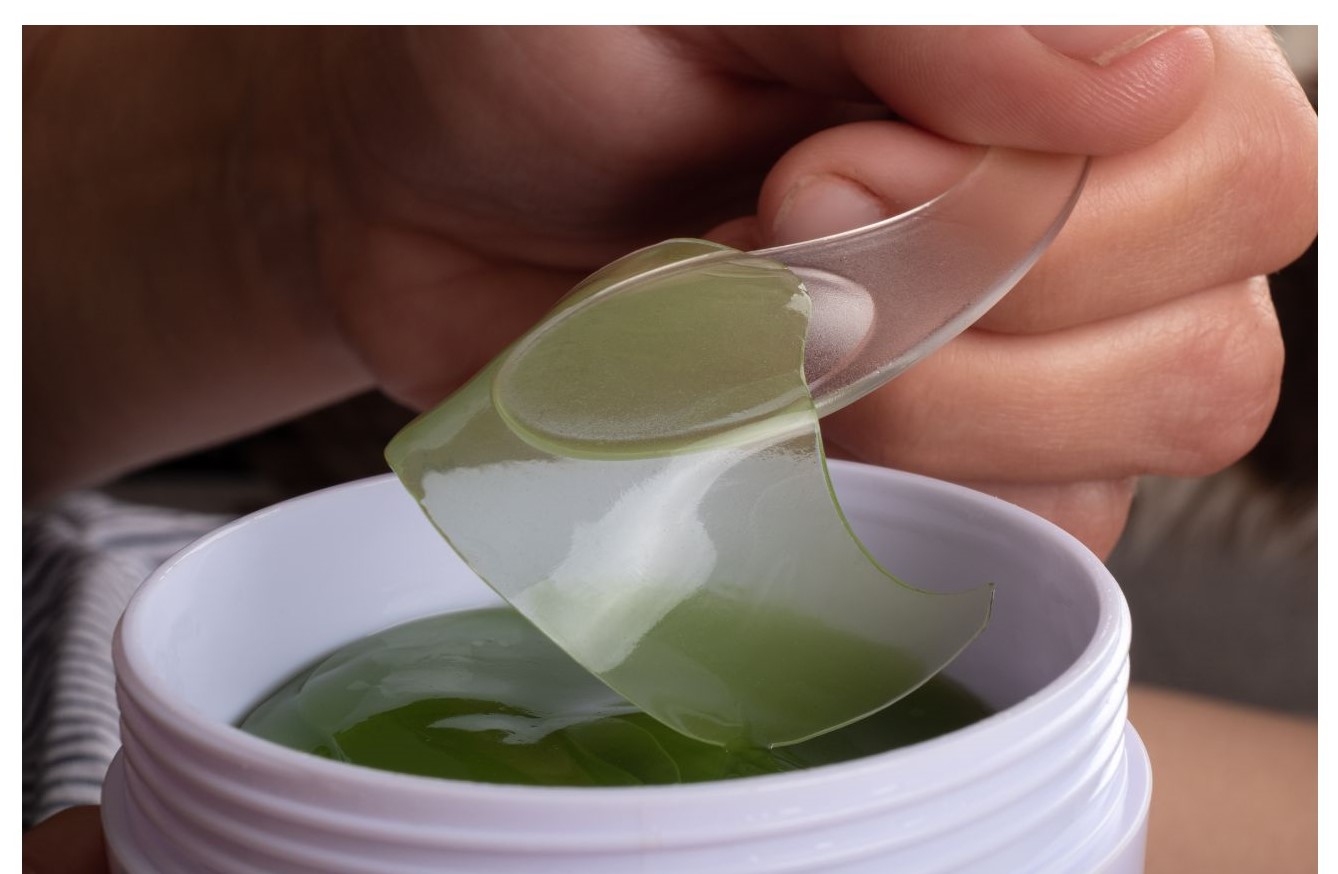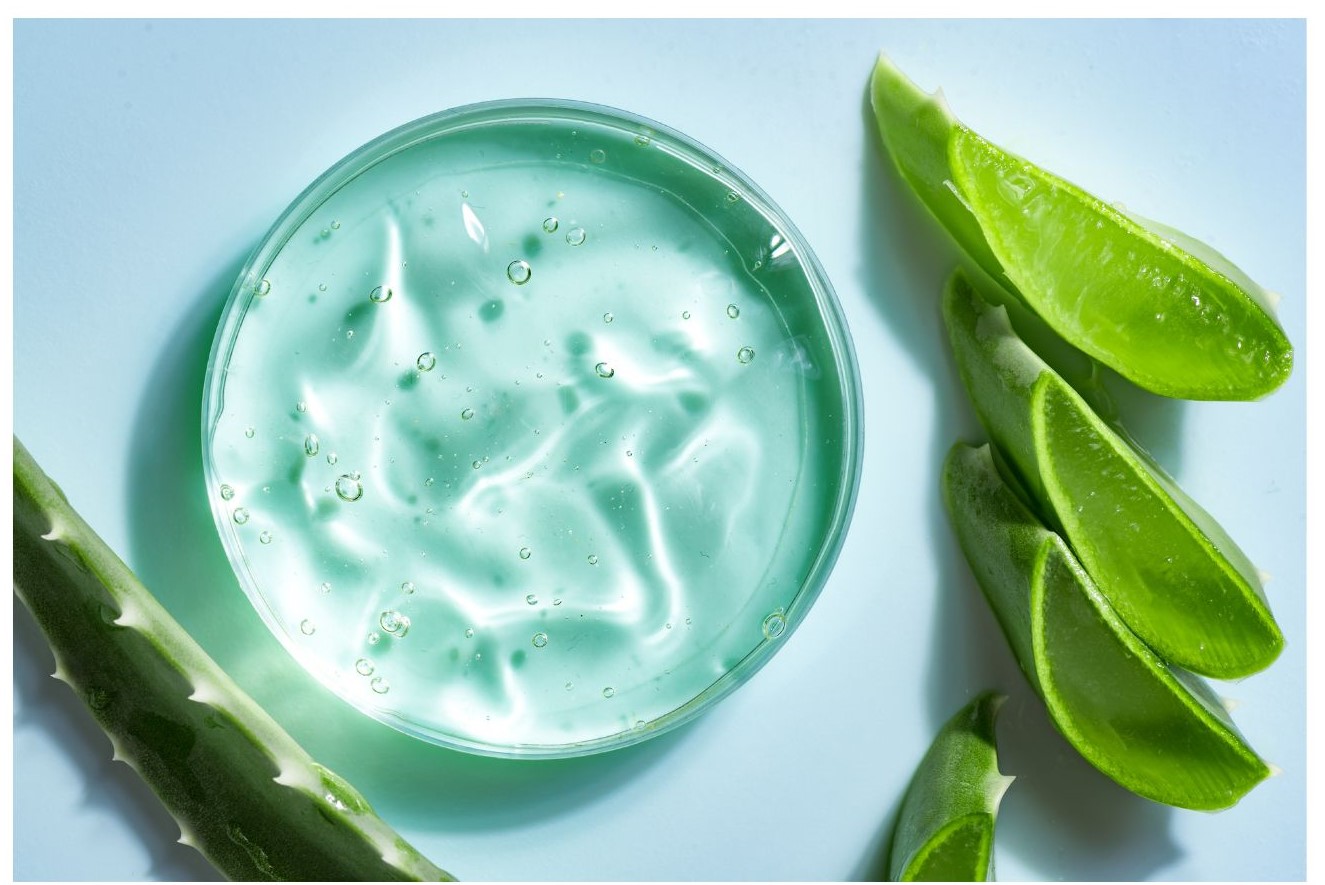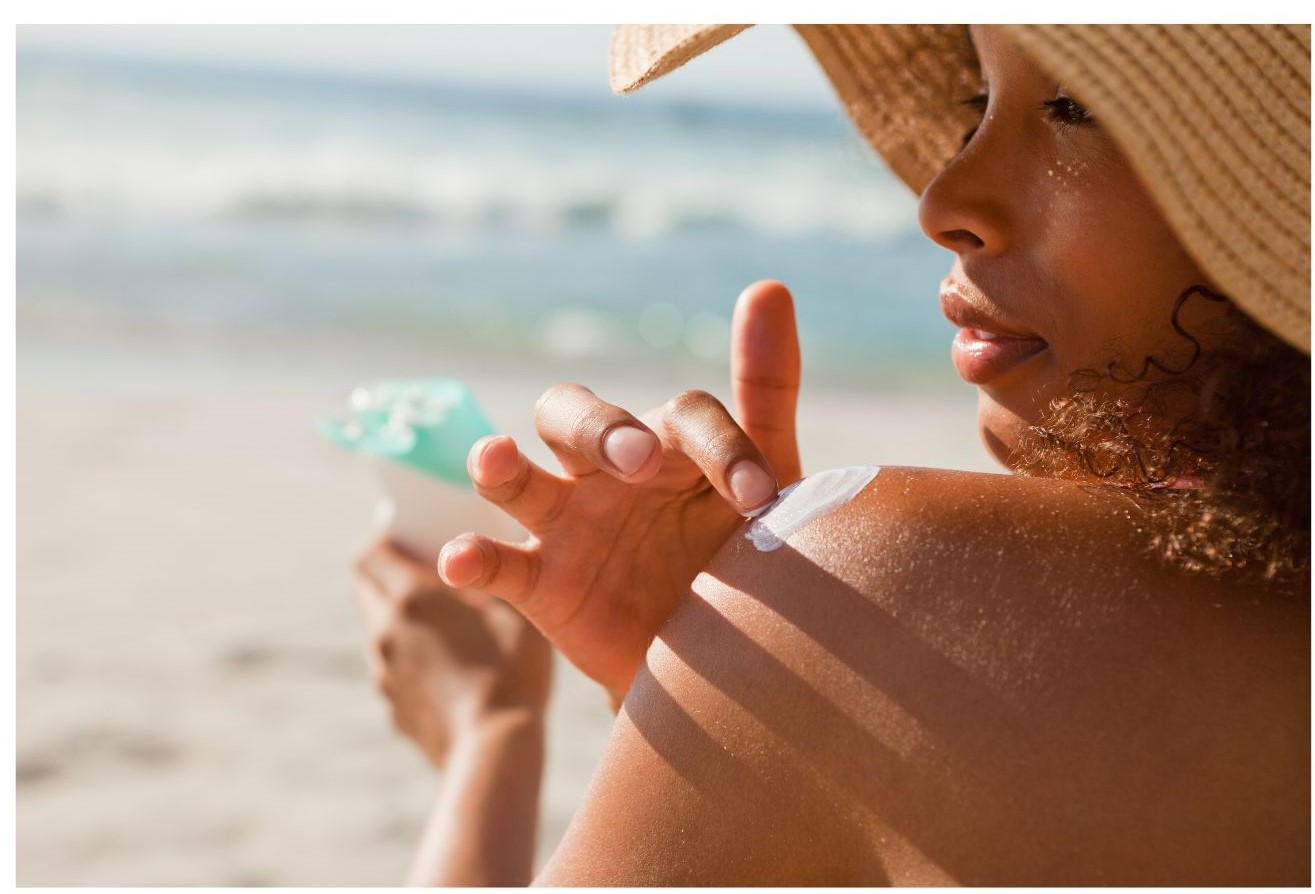Protect Your Skin from UV Damage Using These Nutrients
Summer is tantalizing with its promise of sunny days and beach outings. But as enticing as the sun may be, it comes with its own set of challenges, particularly for our skin. The harsh truth is that ultraviolet (UV) radiation from the sun poses a significant risk, leading to premature aging, sunburns, and skin cancer.
Fortunately, Mother Nature also provides some of the perfect remedies. Certain nutrients naturally shield your skin from UV radiation while improving its overall health. Combined with holistic practices, you can have a safe and enjoyable summer without compromising on your skin’s well-being.
For guidance and support to make holistic living practices part of your daily routine, learn more about my collective, the Circle!
The Importance of Protecting Your Skin from the Sun
Before we dive into the specific nutrients and holistic practices, it’s essential to understand why protecting your skin from the sun is crucial. Here are some reasons to consider (1,2):
- UV radiation can damage skin cells, leading to premature aging signs like wrinkles, fine lines, and age spots.
- The intense heat of the sun can cause dehydration, leaving your skin dry and dull.
- Excessive exposure to UV rays increases the risk of skin cancer, including melanoma, the most deadly form.
- Sunburns not only cause discomfort and pain but also increase the risk of developing skin cancer later in life.
These are just a few reasons to take sun protection seriously. Now let’s explore how nutrition and holistic practices can help shield your skin from summer’s rays.
Nutrients That Protect Your Skin
It’s often said that beauty comes from within, and when it comes to skin protection, diet plays an instrumental role. Certain nutrients can bolster the skin’s defense against harmful UV rays.
Vitamin C
This antioxidant neutralizes free radicals generated by UV exposure, thereby reducing oxidative stress and cellular damage (3). Foods rich in vitamin C include citrus fruits, berries, or bell peppers. It also helps repair damaged skin cells and supports collagen production, keeping your skin youthful and plump.
Vitamin E
Like vitamin C, vitamin E is also a powerful antioxidant that protects your skin from UV-induced damage. It also helps maintain skin hydration and strengthens the skin’s barrier function (4).
Carotenoids

Carotenoids, such as beta-carotene and lycopene, also offer sun-protective benefits (5). Beta-carotene, found in carrots and sweet potatoes, helps to absorb harmful UV rays, while lycopene, present in tomatoes and watermelon, enhances the skin’s resilience to sunburn.
Polyphenols
Polyphenols, found abundantly in green tea and dark chocolate, possess remarkable anti-inflammatory properties. Regular consumption can improve your skin’s natural barrier, helping it resist sun damage more effectively.
Omega-3 Fatty Acids
These essential fats help reduce inflammation and support your skin’s lipid barrier, making it easier for your skin to retain moisture and protect against external stressors like UV rays (6). Research suggests that omega-3s can reduce skin sensitivity to UV rays, minimizing risks of inflammation and sunburn (7).
Omega-3 fatty acids are primarily found in fish like salmon and mackerel, and plant sources like flaxseeds and chia seeds.
Zinc and Selenium
Minerals like zinc and selenium are crucial for maintaining skin health and preventing UV-induced damage. Zinc works as an anti-inflammatory agent and can aid in repairing skin tissues. Foods rich in zinc include oysters, pumpkin seeds, and lentils.
Selenium, found in Brazil nuts, mushrooms, and sunflower seeds, helps preserve skin elasticity and combats free radicals. Ensuring you get enough of these minerals can go a long way in protecting your skin from the inside out.
Related: The Incredible Benefits of Black Seed Oil for Women
Holistic Approaches to Skincare
Natural Remedies for After-Sun Care
Holistic skincare focuses on using natural remedies to enhance the skin’s ability to resist UV damage. Aloe vera is renowned for its soothing and healing properties. Applying aloe vera gel can reduce sunburn discomfort and speed up the healing process.

Coconut oil offers mild protection against UV rays. While it shouldn’t replace your regular sunscreen, it can be an excellent supplementary measure to keep your skin moisturized and protected.
Green tea extract is another powerhouse of antioxidants and polyphenols. Topical application of green tea-infused products can reduce skin inflammation and prevent damage caused by UV radiation (8).
Read: Top 5 Antioxidants for Glowing Skin
Essential Oils
Essential oils like lavender, helichrysum, and carrot seed oil are celebrated in holistic skincare for their sun-protective qualities. Lavender oil has anti-inflammatory properties that can soothe sunburned skin (9), while helichrysum oil helps in skin regeneration and scar reduction.
Adequate Hydration
Hydration is a key component of after-sun care. Drinking enough water helps to replenish lost fluids and prevent dehydration in your skin. Dehydrated skin is more prone to damage and aging. Including hydrating foods like cucumbers, melons, and leafy greens in your diet can also contribute to maintaining skin hydration.
Incorporating Sun Protection into Your Daily Routine

Practical Tips for Everyday Sun Safety
Incorporating sun protection into your daily routine doesn’t have to be complicated. Start by choosing a broad-spectrum sunscreen with an SPF of at least 30. Apply it generously to all exposed skin areas about 15 minutes before going outside.
Reapply sunscreen every two hours, especially if you’re swimming or sweating. Don’t forget to cover often-missed areas like your ears, neck, and the tops of your feet.
Wearing protective clothing is another effective measure. Opt for lightweight, long-sleeved shirts, wide-brimmed hats, and UV-blocking sunglasses. These physical barriers can significantly reduce your exposure to harmful UV rays.
Related: Non-Sunscreen Ways to Protect from Skin Cancer
Mindful Sun Exposure
While it’s essential to protect your skin, it’s also beneficial to get some sun exposure for vitamin D production. Aim for short periods of sun exposure, preferably during the early morning or late afternoon when UV rays are less intense.
Balancing sun protection with mindful exposure can help you reap the benefits of sunlight without compromising your skin health.
What to Remember
Adopting a holistic approach to sun protection is not just about slathering on sunscreen; it’s about nurturing your skin from the inside out. By incorporating nutrient-rich foods, natural remedies, and mindful practices into your daily routine, you can enhance your skin’s resilience against UV damage.
Remember, your skin is your body’s largest organ and deserves the best care you can provide. Don’t forget to share these tips with your friends and family to help them enjoy the sun safely too!
